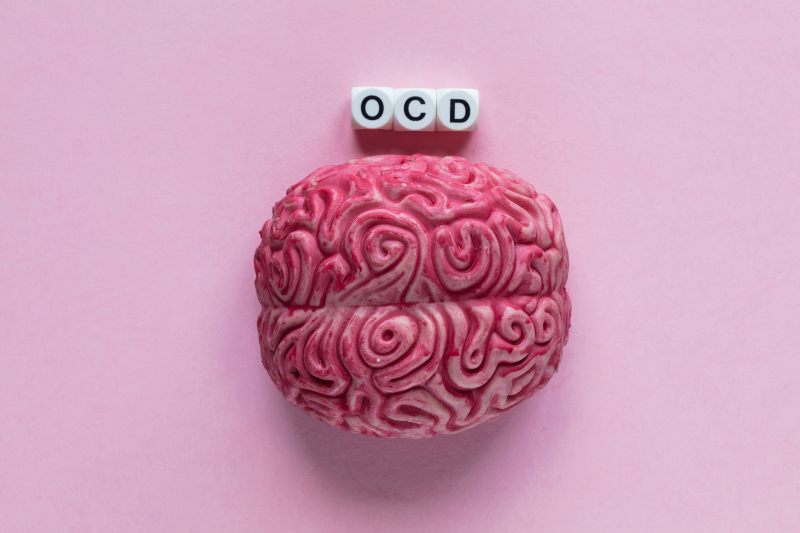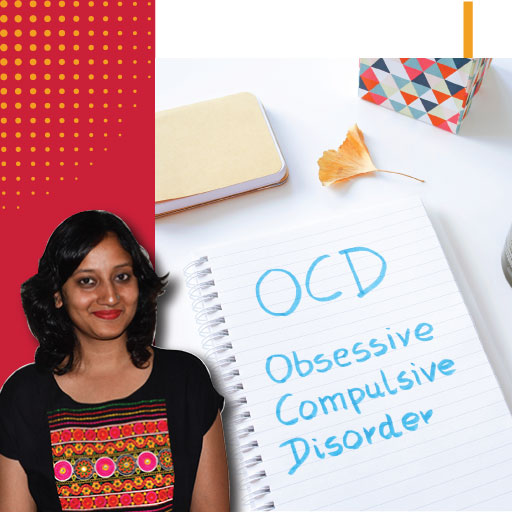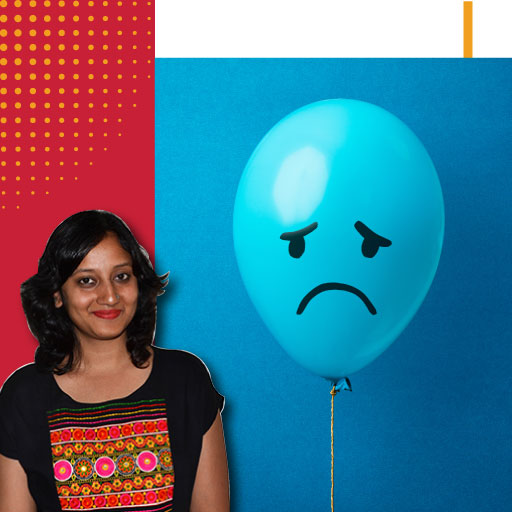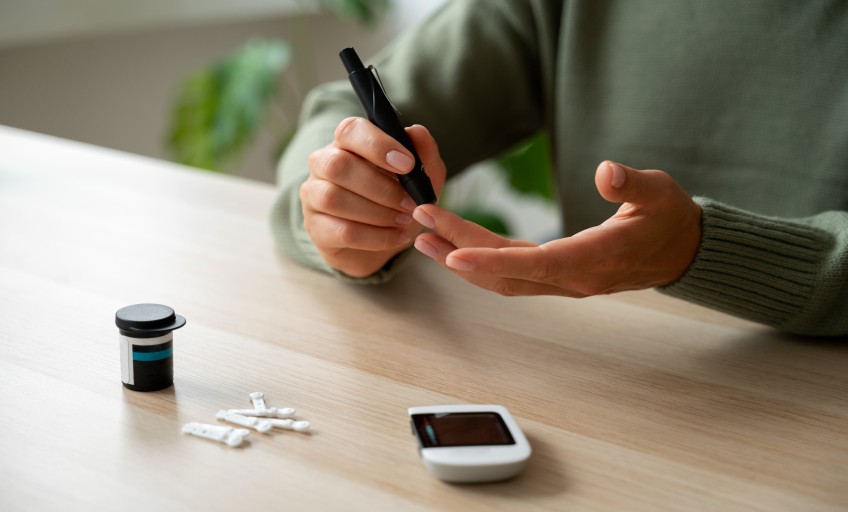
अनुक्रमणिका
What are obsessions?
Obsessional thoughts are ideas, images or impulses that enter the individual’s mind again and again. They are almost invariably distressing (because they are violent or obscene, or simply because they are perceived as senseless) and the sufferer often tries, unsuccessfully, to resist them.
What are compulsions?
Compulsive acts or rituals are behaviours that are repeated again and again. It is performed in order to neutralize the anxiety caused by the obsession. The basic assumption here is that one should not have such a thought and bad will occur as a consequence. To avoid the bad from happening, a compulsion is carried out. This behaviour is often recognized by the individual as pointless and repeated attempts are made to resist it; in very long-standing cases, resistance may be minimal.
The obsessions or compulsions are time-consuming and interfere significantly with the person’s normal routine, occupational functioning, usual social activities, or relationships. A patient with OCD may have an obsession, a compulsion, or both. – Kaplan and Sadock, ICD
How to manage OCD effectively?
OCD is a very difficult and debilitating disorder. The more one tries to ‘stop’ the obsessions or refrain from acting on it, the harder it gets to actually do so. Trying to ‘get rid’ of it only ends up making it worse. Therefore, the approach has to be that of graceful defence rather than a violent fight with it. Here are some pointers:
-
Mindset:
Remember that ‘the more you resist, the harder it will persist. There is already a layer of intense anxiety when one is suffering an obsession. We only add another layer when we try to ‘stop it’ from happening. Therefore, instead of trying to ‘get rid of’ it, remember that the only way out of it is ‘through it’.
-
Nature of obsessions and related anxiety:
Emotions, anxiety in this case by nature, build, peak, and subside like waves. When we learn to allow the anxiety take its course, it often passes within a short time (often within a few minutes). Which means, that the thought by itself isn’t the problem, but our interaction with it is! Instead of promoting the ineffective thinking at that time, if we focus on ‘observation’ of ourselves, the thinking gradually reduces.
-
Grounding:
In order to turn inwards and increase the skill of observation, one has to learn to ground him/herself. The two categories of skills of riding the wave gracefully are:
-
Grounding in your body and breath:
Some of the exercises that can be used are simple deep breathing, box breathing, tuning into the body and figuring out which part is affected and stretching or giving it a massage.
-
Processing emotions:
नोटिस
– notice that you are being affected.
नाम
– tune into yourself and name the feelings that are alive right now.
Surrender
– accept that these feelings are what is true for you right now.
Feel
– allow yourself to experience the feelings moving through your body. Express – write, journal, draw, talk with a good listener, stomp, hit pillows.
It may take many attempts to avoid yielding to the obsession by using the above-mentioned steps. However, one needs to remember that whether we are yielding to the obsession and carrying out compulsive behaviours which can be time consuming and interfering with tasks OR we are turning inwards and learning to ‘ground ourselves, the discomfort remains at a similar level. Which one of the above is a wiser option is a question I will let you’ll answer!
If things become more than you can handle, always make sure to work with a psychiatrist and a therapist. It is always good to have an accountability partner that can help enhance your quality of life! Browse more topics on mindfulness on our blog articles for health and wellness





 1800-270-7000
1800-270-7000









